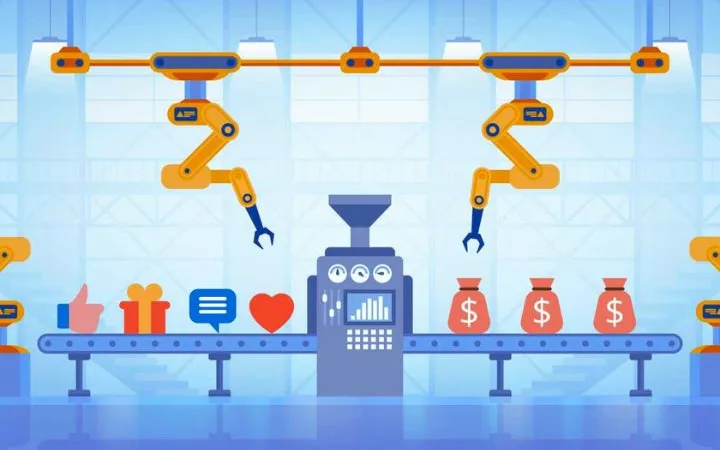All You Need To Know About Project Planning

In essence, project planning consists of specifying the steps that must be taken for its development and implementation . But it also aims to monitor your progress . Therefore, it involves ordering the corresponding tasks of a certain project to achieve a goal, both in terms of resources and time.
This planning will depend on the application area and the complexity of the project, and should be robust enough to always respond to your changing environment . To do this, various preliminary tasks must be carried out, among which are the analysis of the project and the establishment of its objectives.
Table of Contents
Stages In Project Planning: Preliminary Phases
Before scheduling the phases that must be undertaken for the start-up of a project, it is important to do two tasks: the analysis of the project and the definition of the objectives to be achieved with its start-up.
Project Analysis
Analysis is the first step in any project planning. In this stage , its viability and its relationship with the environment and the sector in which it is intended to be implemented are studied .
The factors that can affect its development are also studied , which can be of different types, for example:
- Economical. Especially in everything that has to do with the costs involved.
- Social. You have to ensure that the project is in line with the culture of the company or the messages that you want to convey.
- Technological. The project must take into account the current technological reality and be viable in that sense. In relation to this, it is important to have a good project planning system, such as an ERP , that contributes to its success and helps define the objectives and their phases.
If it is detected that any of these factors can affect the project in a negative way, it is time to introduce the necessary changes to make it not so. And if the problem or damage cannot be avoided in any way, you may want to completely rethink the project to prevent it from becoming unviable.
Also Read : 5 Programming Languages You Should Learn In 2021
The Definition Of The Objectives
Once it is concluded that the project is viable , it is time to establish its objectives . For this, several questions must be answered, such as what the company seeks to achieve with its start-up and for what reasons it wants to do it.
It is also important to know the results that are expected to be achieved . This provides a lot of information that will be vital in the next stages of project planning.
The Central Stages Of Project Planning
Once the two initial phases of all project planning have been completed , it is time to carry out the rest of the central stages , such as the identification of resources and the work plan.
Resource Identification
Once the objectives of the project have been defined, it is time to identify the necessary resources to carry it out. This phase consists of drawing up a list of the tools, means and instruments that are going to be used for the deployment of the project and for carrying out its different stages. They can be of several types: human, technological, economic, etc.
Among them will be, depending on the type of project, the personnel in charge of carrying it out , the necessary computer resources and even the budget available.
This phase can be used to identify the strengths and weaknesses of the project . For example, it may be discovered that the team of experts available is adequate for its development, but that the budget is insufficient to launch it. Therefore, it is also a very important phase to make the necessary changes based on the weaknesses that are detected .
Workplan
The next stage is decisive in the planning of the project and consists of establishing the work plan for its implementation. In it, it is necessary to specify execution deadlines, delivery dates, methodologies to be used for its development, necessary tasks and their distribution, etc. But also the strategy to follow, as well as the work system and the methods that will govern communication in the team.
Ultimately, in this phase the project roadmap is drawn up . It must be borne in mind that it is not an immovable plan, but it must be flexible . During the development of the project, variables will arise that will affect its start-up, so it is advisable to leave margins so that these do not affect its development, or do so as little as possible.
Project Underway And Assessment Of Results
If all goes well, the project will complete its development phase as planned. You may have also experienced some disruptions that have affected your timelines, and even your initial goals.
In any case, the planning of the project does not end with its start-up or after its development. It will be necessary that, after a while, the results obtained are analyzed and it is assessed whether the initial objectives have been met .
At this point, it is best to prepare a report on the process followed and the objectives achieved. In addition to assessing the results achieved, this report will serve, among other things, as a reference for planning future projects .
Conclusions
In summary, in all project management it is essential to carry out a planning that includes all its phases, in order to achieve the objectives set. Obviously, there may be changes from what was planned, but these deviations are more likely to be minimal compared to a project that is not planned in advance.






